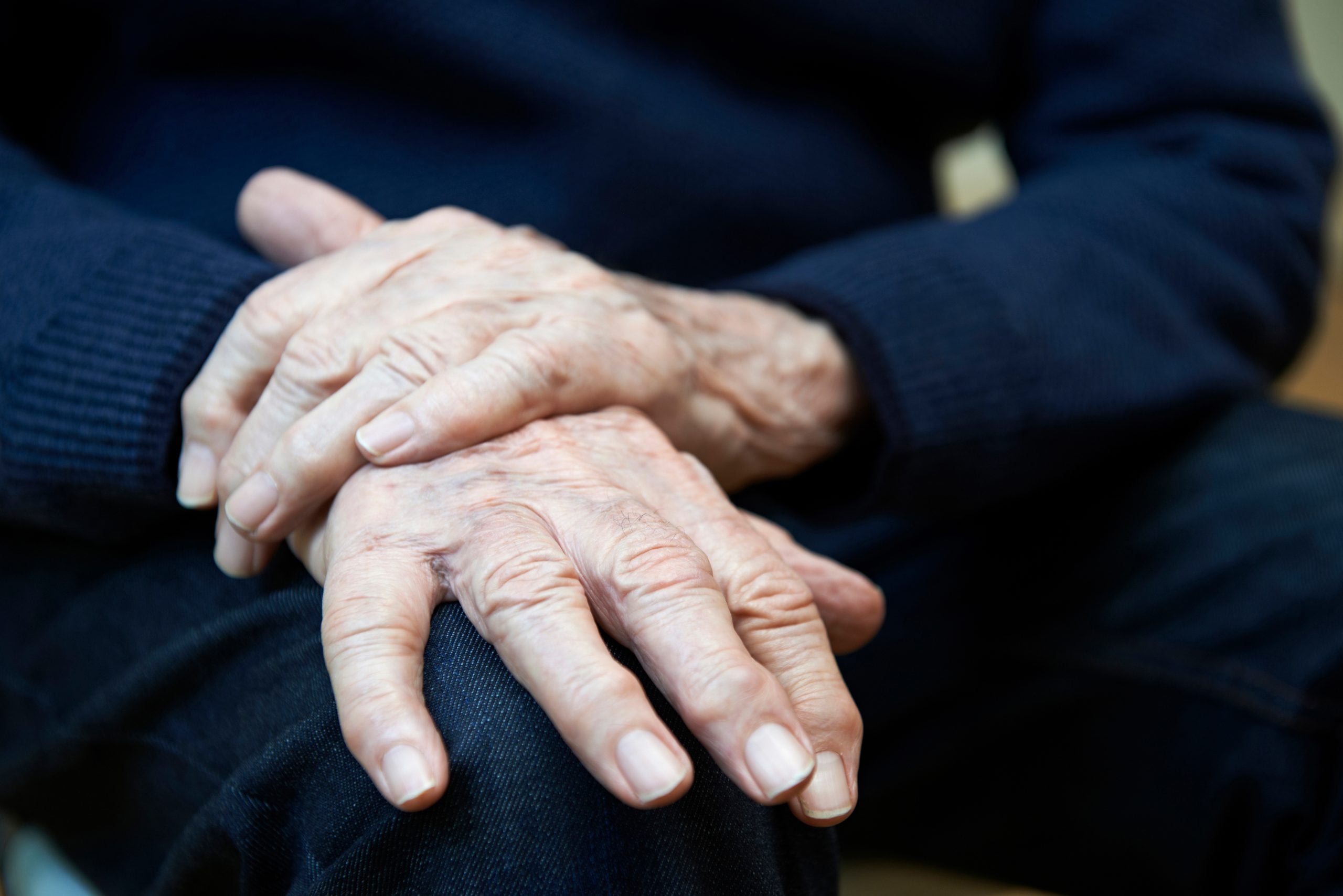What is Parkinsons Disease?
Parkinson’s disease is a condition where a part of your brain deteriorates, causing more severe symptoms over time. While this condition is best known for how it affects muscle control, balance and movement, it can also cause a wide range of other effects on your senses, thinking ability, mental health, and more. The biggest risk factor for developing Parkinson’s is advancing age. The average age of onset is 60.
Signs and Symptoms of Parkinson’s Disease
The 3 main symptoms of Parkinson’s disease are:
- involuntary shaking of particular parts of the body (tremor)
- slow movement
- stiff and inflexible muscles
A person with Parkinson’s disease can also experience a wide range of other physical and psychological symptoms.
These include:
- depression and anxiety
- balance problems (this may increase the chances of a fall)
- loss of sense of smell (anosmia)
- problems sleeping (insomnia)
- memory problems
Causes of Parkinson’s Disease
The cause of Parkinson’s essentially remains unknown. However, theories involving oxidative damage, environmental toxins, genetic factors and accelerated aging have been discussed as potential causes for the disease. In 2005, researchers discovered a single mutation in a Parkinson’s disease gene (first identified in 1997), which is believed responsible for five percent of inherited cases.
Treatment of Parkinson’s Disease
Therapies
Apart from medications, therapies that may help manage Parkinson’s symptoms include:
- Physical, occupational, and speech therapies, which may help with gait and voice disorders, tremors and rigidity, and decline in mental functions
- A healthy diet to support overall wellness
- Exercises to strengthen muscles and improve balance, flexibility, and coordination
- Massage therapy to reduce tension
- Yoga and tai chi to increase stretching and flexibility
